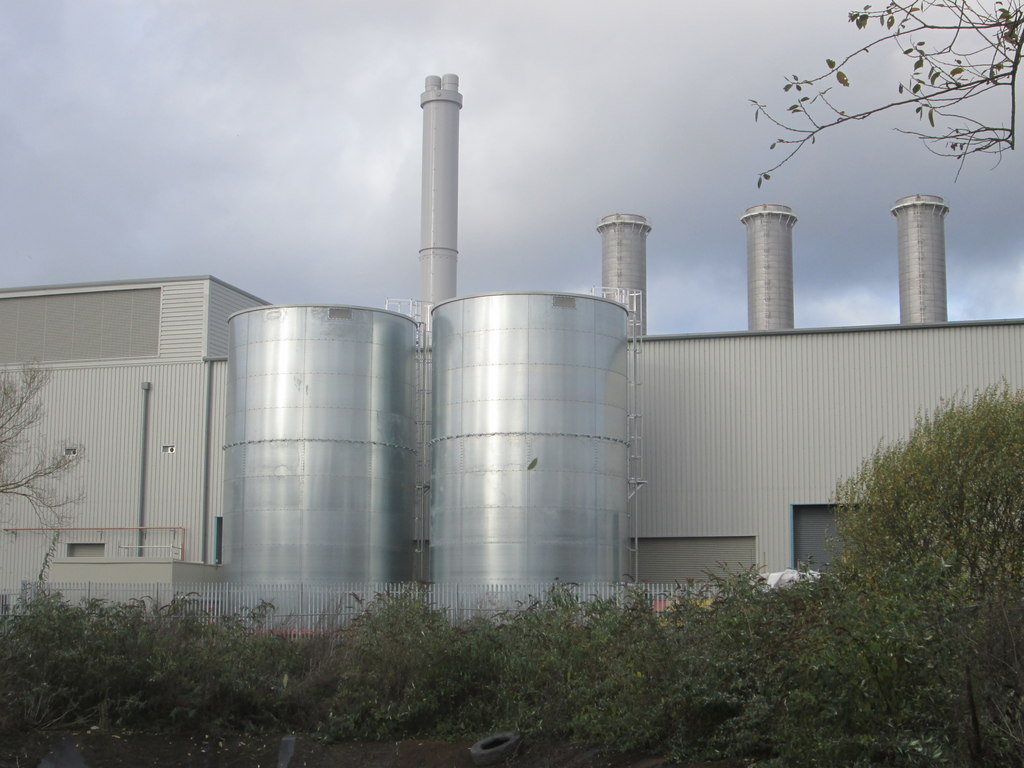The UK Government is to invest an unprecedented £20bn in carbon capture and storage (CCS) as part of a drive to make the UK a global player in the sector.
Further details will emerge in Wednesday’s Spring Budget but the Treasury said the funding would be spread over the next 20 years with spades in the ground due next year. The aim is to store up to 30 million tonnes of CO2 a year by 2030, equal to the emissions of 10-15 million cars, and to create up to 50,000 jobs as part of a ‘clean energy reset’.
“A ‘defining moment’ doesn’t often happen. But Spring Budget 2023 will likely be viewed from mid-century as the time when the UK fully committed to carbon capture and storage,” said Professor Stuart Haszeldine, Director of Scottish Carbon Capture and Storage. “We welcome and applaud the certainty being provided by the UK Government. The aim is to place the UK as a foremost international developer and supplier of CCS.”
The Treasury did not list the winners of the increased funding but they are likely to include the HyNet (Mersey) and East Coast (Tees-Humber) projects already underway, as well as 3 to 5 other clusters including Acorn (Scotland) and Viking (South Humber).
The Treasury said: “No one country has yet captured the carbon capture market. The UK has enough carbon capture capacity to store over a century and half of national annual CO2 emissions, making it one of the most attractive carbon capture markets on earth, creating high-paid jobs of the future across the UK and growing our economy through new cutting-edge industries. Carbon capture will support the UK’s industrial transition to cleaner, greener processes and technology.”
The funding comes at a time of increased momentum behind CCS, a set of technologies whose deployment is regarded as essential if we are to limit global warming to below 2 degrees Celsius.
“The UK funding acts as a competitive riposte to the emerging Norwegian international offer of CO2storage, the March 8th start up of Danish cross-border injection to Greensand project, and massive US spending on CCS via the Inflation Reduction Act,” said Professor Haszeldine.
“The UK is now poised to develop multiple types of capture. Storage is also possible in several of the diverse geologies of the North Sea and Irish Sea."
A key test for the UK will be to speed up deployment, he added, noting that Denmark and Norway have been able to progress their projects from start to first injection in two to four years, when the UK takes nine years.


